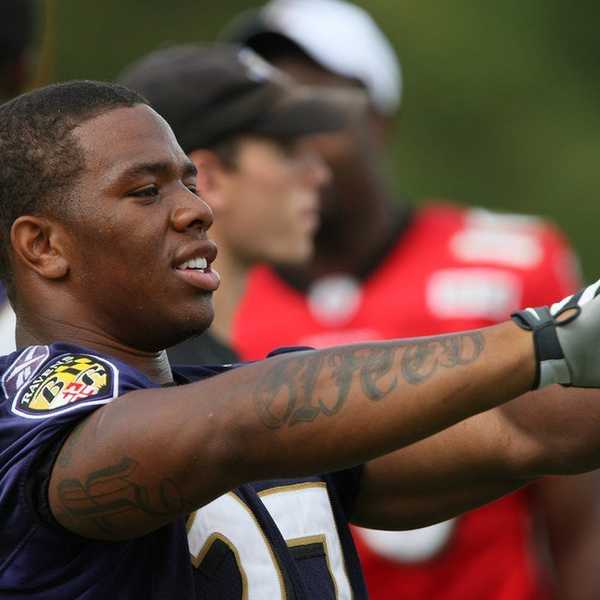In its lifespan, professional football has grown to be an addiction for an enormous part of society rather than simply a sport played for enjoyment. Despite how obviously harmful it is to the bodies and minds of its players, it is continually reinforced within society. Some of the reinforcing agents of football include the media, societal views toward masculinity and cultural attitudes toward violence.
The NFL makes it clear that it is their goal to encourage (if not force) as many kids as they possibly can to be engaged in the football world. The company’s expectations for itself and its followers are extremely high, but the manipulative manner in which they draw children and their families into the sport of football makes their goals much easier to accomplish.
First, they utilize the media in order to reach out to several members of society and draw on ideas that are so ingrained into our minds that we aren’t even aware of their existence, such as our subconscious bias towards masculinity and our belief that it signifies power and validates one as an important person worthy of respect. By glorifying prominent football athletes mainly with broad shoulders, thick muscles, and angry expressions and producing images of them all over the television and on many websites, they imply that football is a manly sport that, if one is to play it, reinforces one’s masculinity which is so cherished by society.
This creates the idea, especially amongst children in schools that have football teams, that if a boy chooses not to play football, it’s probably because he is too weak and girly for the sport; he is not masculine enough to handle it (“it” being all of the violence that is associated with the sport). Countless children have likely been thrust toward the sport of football in order to reinforce their masculinity so that they wouldn’t have to face the harassment that would ensue if they didn’t. When one’s masculinity is threatened, which in reality is the entire basis of the sport of football, violence is deemed as justifiable by society. For example, we wouldn’t condone one man randomly tackling another man in the street, but on the football field where each team’s objective is to dominate (i.e. crush, destroy, or demolish) the other team, this act of violence is totally accepted, if not rejoiced. This then validates the idea that complete domination of an opposing party is desirable and signifies a success rather than a blatant dehumanization of the other party.
Not only does society tend to believe that violence is tolerable as long as it is being used to validate one’s masculinity, we also carry the dismissive belief that violence is simply inevitable. According to Dohrmann, parents who were concerned about allowing their children to play in a football league were easily soothed by the fact that other sports produce injuries as well. They were convinced that there is violence in every sport, so they might as well allow their children to play football because they’re going to get hurt no matter what they do. This idea is completely illogical and it clearly illuminates how the NFL manipulates parents, who are meant to be rational decision makers for the sake of their children, into being drawn right into the sport along with their kids despite the ways in which the sport can “alter [players’] brain chemistry, how a handful of young players die each year.” Parents are stuffed with false information that comforts them regarding their decision to their children play football rather than true information that would likely validate their fears and make them immediately stop their children from engaging in such violence.
The NFL is without a doubt a company made up of intelligent individuals that know exactly how to get families hooked on a product. However, I find it hard to call a company that is so manipulative, that has such little regard for children’s safety, and that find it so easy to indoctrinate parents with false beliefs a success (Dohrmann 2016). Rather I will acknowledge their familiarity with society’s tendencies and faulty ideas, such as our subconscious bias toward masculinity and our cultural attitude toward violence, and condemn them for using their knowledge for bad rather than good.





















